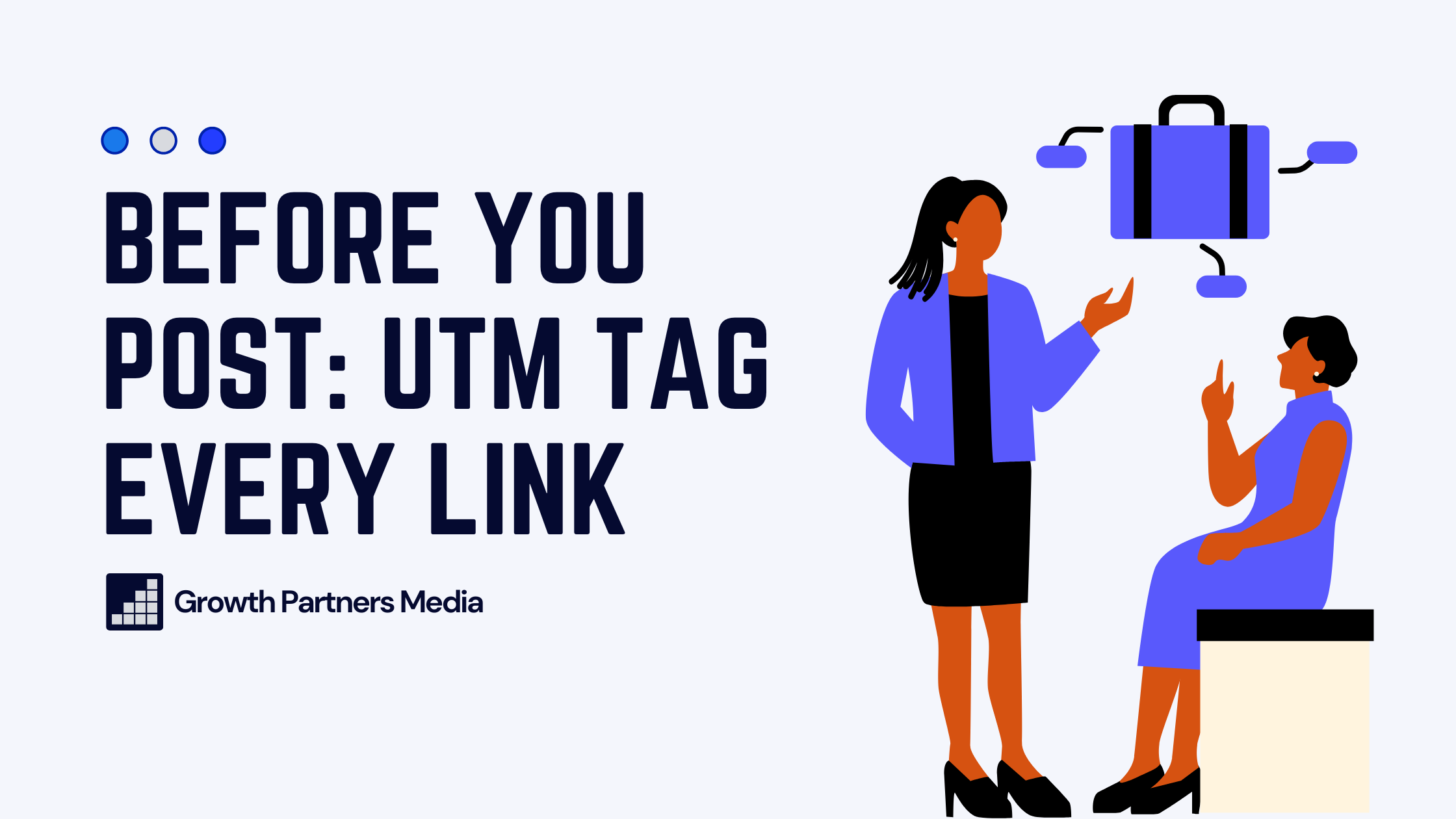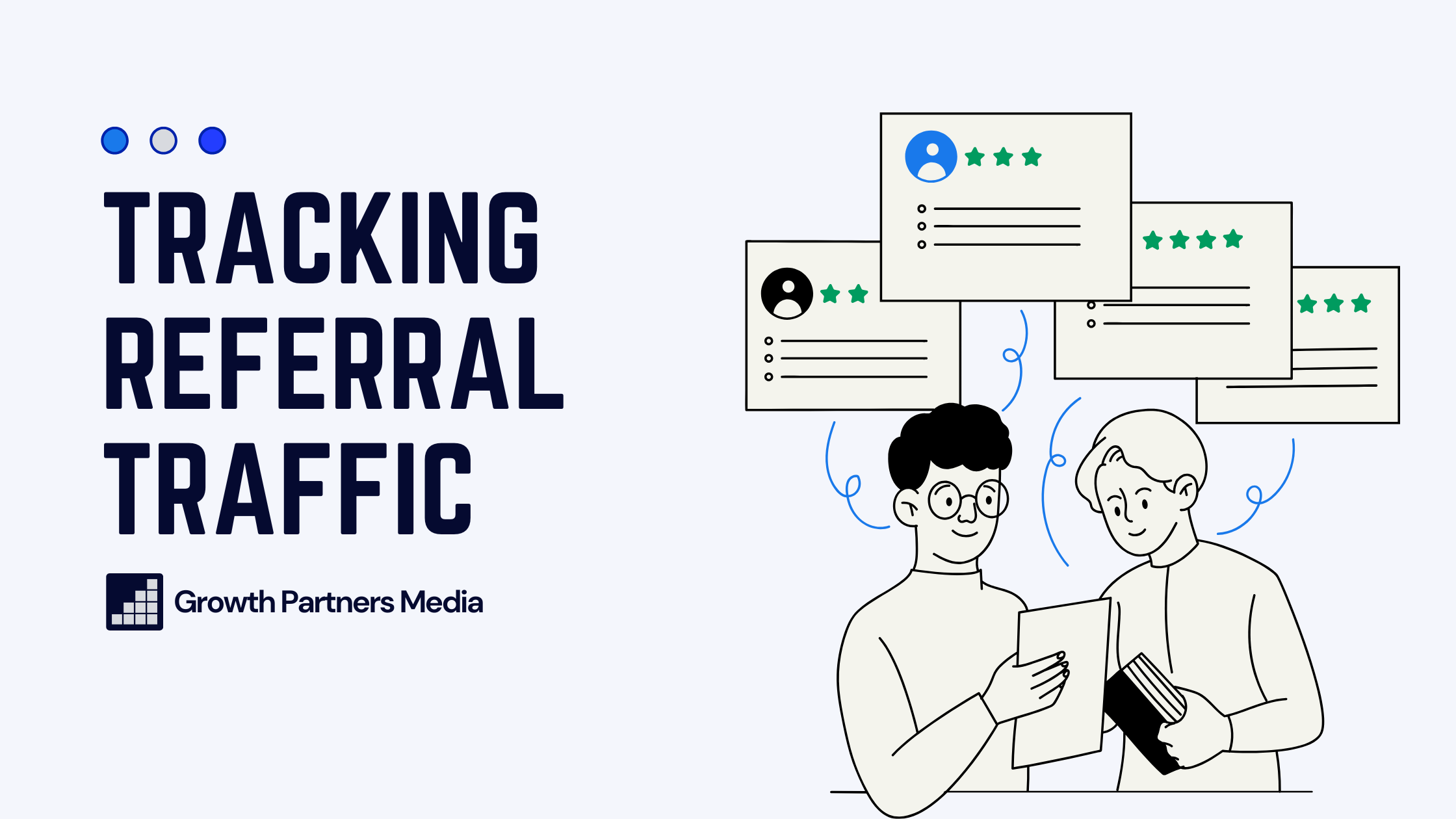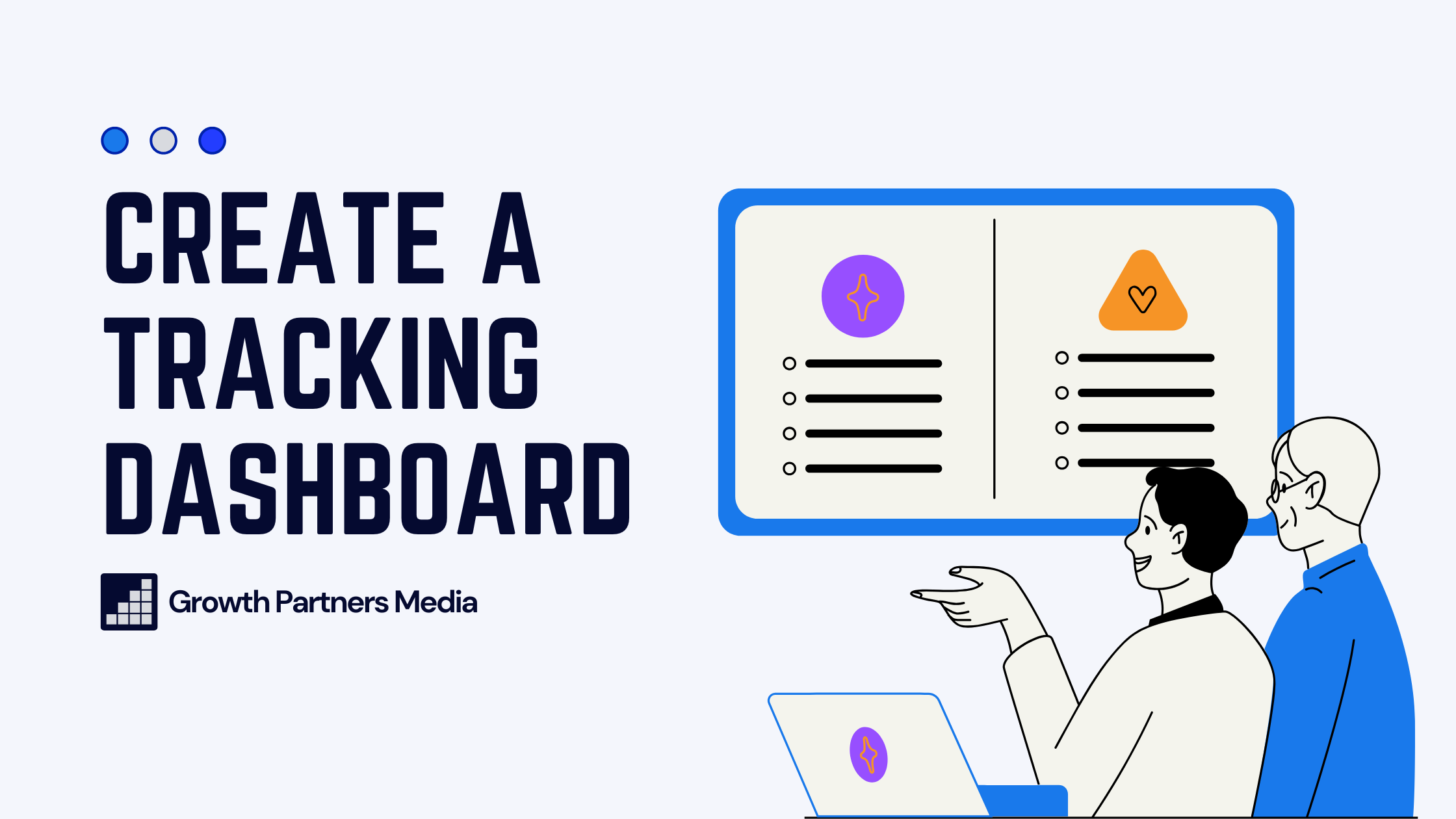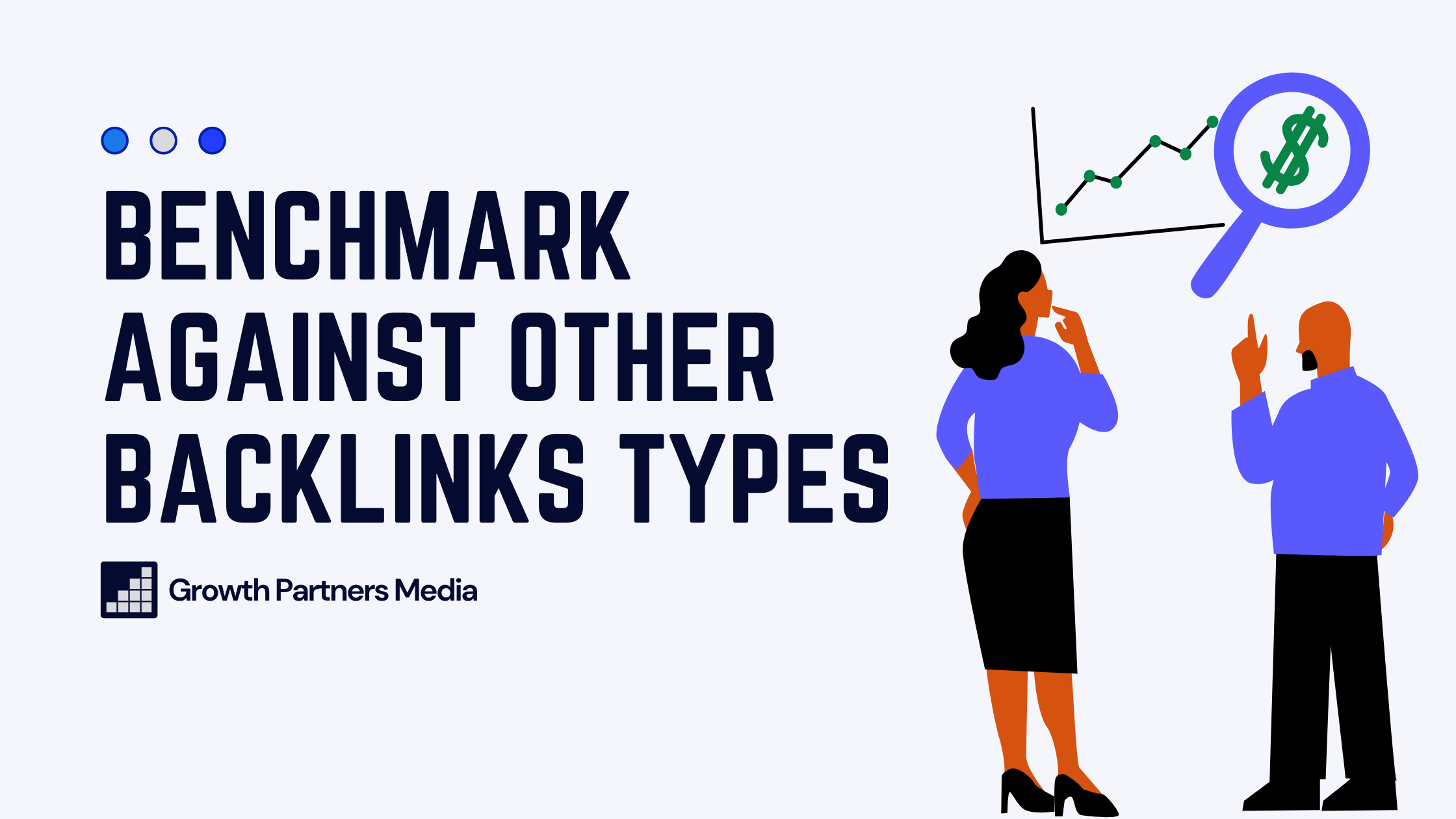Forum link building isn’t dead. It’s just misunderstood.
Most people either do it wrong — spamming dead threads, dropping links with zero context, or they don’t track a damn thing and assume it “didn’t work.”
Truth is, forum backlinks can drive rankings, referral traffic, and revenue, especially in niche or B2B industries where decision-makers still roam places like Reddit, Quora, Stack Overflow, and specialist communities.
But if you can’t track the impact, how will you ever justify the time?
We’ve spent years building UGC links for clients through our quality forum backlink service and learned a thing or two about tracking the ROI when it comes to community-driven growth.
This post gives you a practical framework to track ROI, prove value, and turn forum link building into a legitimate growth lever, not just a checkbox on your link sheet.
What ROI Actually Means in Forum Link Building

When building forum backlinks, you’re not dropping links to feel productive. You’re doing it to drive outcomes. That means tracking more than just keyword movement or domain metrics, it means asking:
Are people clicking? Are they converting? Are rankings moving as a result?
Specifically, you want to measure:
- Referral traffic — from UTM-tagged links in forums
- On-site engagement — time on site, bounce rate, pages/session
- Conversions — demo requests, purchases, free trials, etc.
When you measure forum backlinks with this kind of clarity, you’ll quickly spot which ones are pulling weight — and which ones aren’t worth repeating. This strategy can be applied to other backlink strategies as well.
Check out forum link building vs guest blogging if you’re curious how the two strategies stack up.
Before You Post: UTM Tag Every Damn Link

This step is non-negotiable. Without proper tracking, you’re guessing.
Every forum link should be tracked with UTM parameters so you can attribute traffic and conversions directly to the source. Here’s a typical structure:
https://yourdomain.com/landing-page?utm_source=reddit&utm_medium=forum&utm_campaign=product_launch
Breakdown:
- utm_source → the platform (e.g. Reddit, Quora, StackOverflow)
- utm_medium → forum (keeps this distinct from social/email/etc.)
- utm_campaign → your internal naming (e.g. product_launch, saas_outreach, q2_links)
This lets you track each forum thread like a campaign asset. If you’re scaling across multiple threads or communities, UTM tagging gives you the granularity to see what’s working and double down.
Where to Track Referral Traffic

Once your UTMs are set up, Google Analytics (GA4) becomes your control tower. Head to:
Reports → Acquisition → Traffic Acquisition
Here, sort by Session Source / Medium and look for traffic coming from:
- reddit / forum
- quora / forum
- nicheforumname / forum
Track more than just traffic volume. Look at how visitors behave:
Are they staying on the site? Clicking around? Hitting your CTA?
You’ll start spotting trends:
Some forums might send lots of traffic with zero conversions. Others might send just 10 users, but they book demos. Don’t underestimate small-but-qualified traffic from hyper-relevant threads.
These insights give you the confidence to scale the right placements, not just the popular ones.
Use Conversion Events to Track Bottom-line ROI

Clicks are only half the story. What happens after the click is what matters.
Set up custom conversion events in GA4 that align with your business objectives:
- Button clicks (e.g., “Book a Demo”)
- Form submissions
- Purchases
- Micro-conversions (e.g., viewed pricing, downloaded resource)
Once those are live, you can use Exploration Reports to trace forum traffic through your funnel. See which threads actually drive conversions, not just visits.
This is how you tie effort to outcome. With proper conversion tracking in place, you’ll know exactly which forums are worth your time and which ones are just sending noise.
Create a Dashboard to Track It All

Once the data is flowing, simplify the reporting.
Use Looker Studio (formerly Data Studio) to build a dashboard that shows:
- Forum traffic by UTM campaign
- Time on site & engagement
- Conversion counts per thread or platform
- Landing page performance
With one clean view, you can see what’s delivering and what’s dead weight. That’s how you stay lean, focused, and ROI-positive with forum link building, especially when you’re managing multiple threads across platforms.
Analyze Session Recordings and Heatmaps

Not all traffic is equal. Some users scroll, engage, and convert. Others bounce in five seconds.
Tools like Hotjar or Microsoft Clarity let you see what users actually do:
- Are they scrolling past your hero section?
- Are they interacting with CTAs?
- Are they confused, stuck, or rage-clicking?
This helps you optimise landing pages specifically for forum traffic, which often behaves differently than organic or paid traffic. Forum visitors tend to have more context (they read the thread), but less patience.
By understanding how they move through your page, you can tweak messaging, structure, and CTAs to match their intent better.
Compare Performance to Other Backlink Types

Most SEOs worship DR. But DR doesn’t pay the bills — conversions do.
Referral traffic is not often a main drive for building links, but if a forum backlink gets 200 clicks and drives 8 trials, you can’t ignore it.
Track this stuff in a simple spreadsheet:
- Link source
- Campaign name
- Sessions
- Conversions
- Revenue (if applicable)
This comparison reframes your entire link building strategy. You’ll stop obsessing over metrics that look good on paper and start doubling down on what delivers leads and sales.
Forum links may be “low DR,” but when placed in the right threads with strong CTAs, they punch far above their weight.
Check for SEO Lift Too (But Don’t Obsess)
Forum links often don’t show up in Ahrefs or Semrush.
But they can still drive SEO impact. Google treats nofollow and ugc links as hints, and if a page is getting clicks, engagement, and fresh mentions from community sites, that sends strong indirect signals.
Watch for:
- Faster indexation of newly linked pages
- Increased crawl frequency
- Subtle keyword lifts post-placement
If you’re tracking your SEO progress week-by-week, you’ll start to notice these patterns. They’re not always dramatic, but they’re real. Think of it as compounding authority from the side, not brute force ranking from the front.
Reverse Engineer What’s Already Working

There are many ways to find awesome forums for link building. Google’s Discussions tab is your secret weapon.
Type in your target keyword. Click “Discussions.” Boom — you get a list of forum threads that are already ranking.
These are high-trust, high-visibility conversations.
If your target audience is reading them, that’s where you want to be.
Either contribute to the existing thread with real value and a relevant link. Or start your own thread on the same topic, optimized with keywords and clarity
This is how you future-proof your forum backlinks. You’re not just link-dropping, you’re building assets that show up in search and send traffic long after you hit publish.
It’s also part of the research process behind our forum backlink service. We don’t place anything until we know the thread has lasting potential and aligns with your ideal customer profile.
Prove It or Lose It
Forum link building is massively underrated — but only if you know how to measure it.
When done right, it delivers traffic, conversions, and even SEO lift. But most people never track the results, so they assume it’s a waste of time.
With UTM tagging, GA4 events, dashboards, and a bit of pattern recognition, you’ll be miles ahead of 99% of SEOs blindly dropping links.
And if you’d rather skip the trial-and-error and work with a team that already lives and breathes ROI-driven forum placement?
Check out our curated forum link building service designed for performance, not just profile padding.
- How to Outsource Backlink Building Without Stress [2026] - October 7, 2025
- Top 3 SEO Outreach Services That Actually Work [2026] - October 7, 2025
- 9 White-Hat Link Building Techniques For AI & Google (2026) - September 23, 2025


